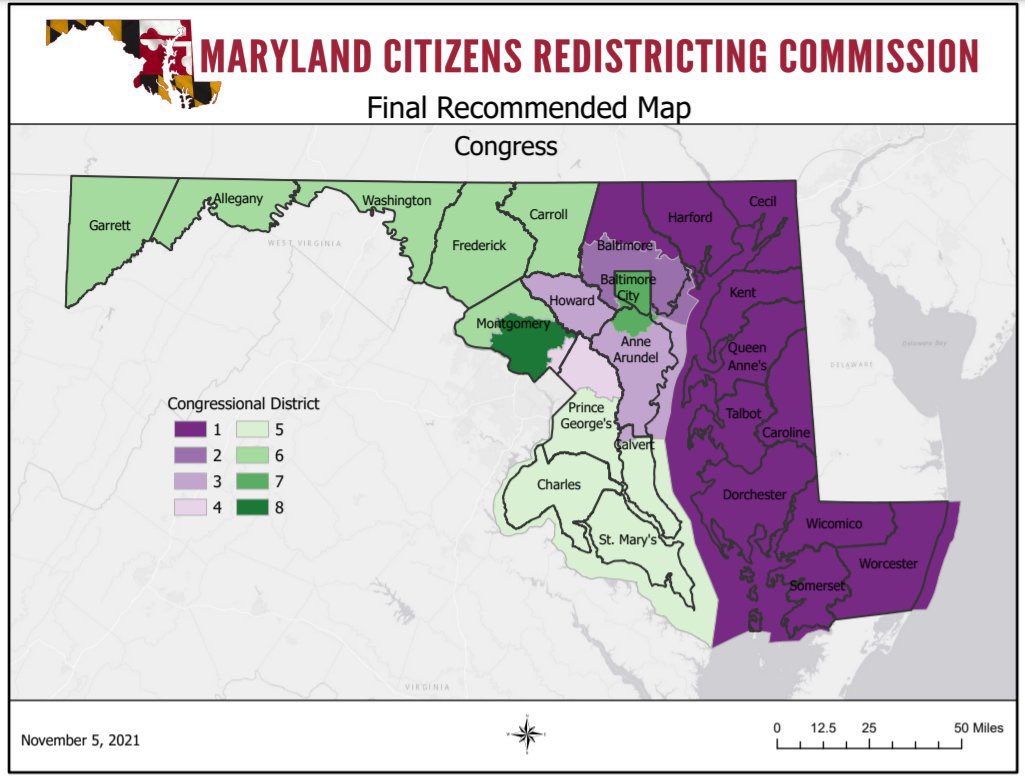Press Release
50 State Report: Massachusetts Earns Top Grade for Redistricting from Common Cause

Today, Common Cause, the leading anti-gerrymandering group, published a report [LINK] grading the redistricting process in all 50 states from the view of the community. The comprehensive report evaluates public access, outreach, and education in each state based on an analysis of more than 120 detailed surveys and more than 60 interviews.
Massachusetts earned the top grade in the nation: an A-. The report found the Massachusetts state legislature produced an accessible, transparent, and participatory process for the state’s diverse communities. In particular, the report highlights the increase of majority-minority districts in the state House from 20 to 33 and doubling of the number of majority-minority districts in the Senate.
“After a close look at all 50 states, this report shows more community voices produce better maps,” said Dan Vicuña, Common Cause national redistricting director. “When everyone can meaningfully participate and have their input reflected in the final maps, that’s how we achieve fair elections voters can trust. We found voting districts that prioritize community interests are the gateway to elections that lead to strong schools, a fair economy, and affordable healthcare.”
Common Cause graded each state for its state level redistricting. Some states received a second grade for their local redistricting process in cases where advocates provided data. Each interview and survey asked participants about the accessibility of the process, the role of community groups, the organizing landscape, and the use of communities of interest criteria.
“We’re proud to have taken part in a redistricting process that was inclusive and cooperative,” said Geoff Foster, executive director of Common Cause Massachusetts. “But our work doesn’t end here. Part of the success of this redistricting process can be attributed to the decision to redraw districts using census block data before municipal reprecinting, which contributed to a higher number of majority minority districts. We’ll continue to push for the legislature to adopt this change permanently for future redistricting cycles.”
Common Cause found the most powerful reform is independent, citizen-led commissions where voters—rather than elected officials—administer the process and hold the power of the pen to draw maps. Independent commissioners were found to be more interested in fair representation and community input— rather than electability or party control.
The report was authored by Common Cause, Fair Count, State Voices, and the National Congress of American Indians (NCAI).
The report was published in collaboration with the Coalition Hub for Advancing Redistricting and Grassroots Engagement (CHARGE), which includes Common Cause, Fair Count, League of Women Voters, Mia Familia Vota, NAACP, NCAI, State Voices, APIAVote, and the Center for Popular Democracy.
To view the report online, click here. [http://chargereportcard.org/]